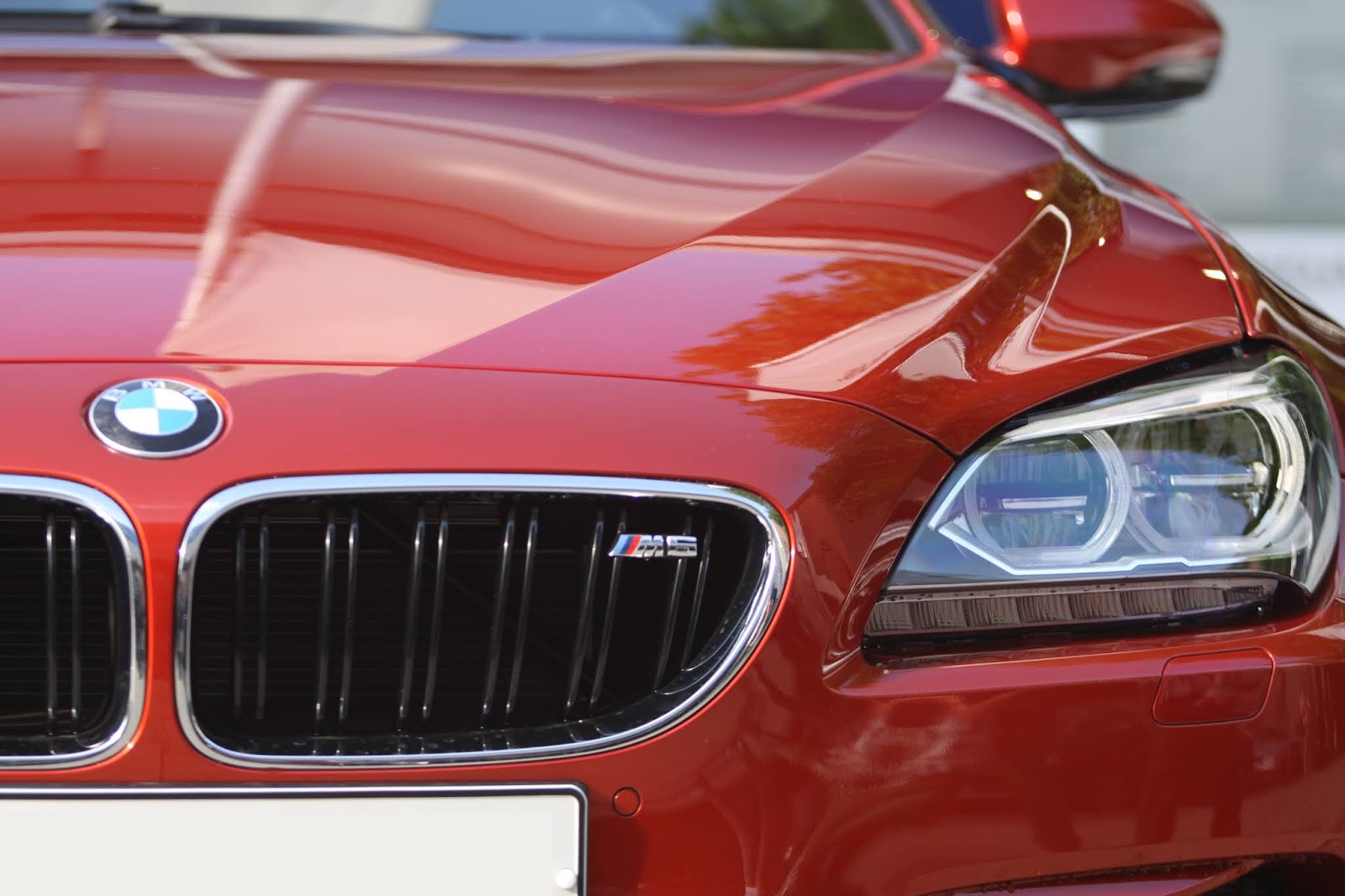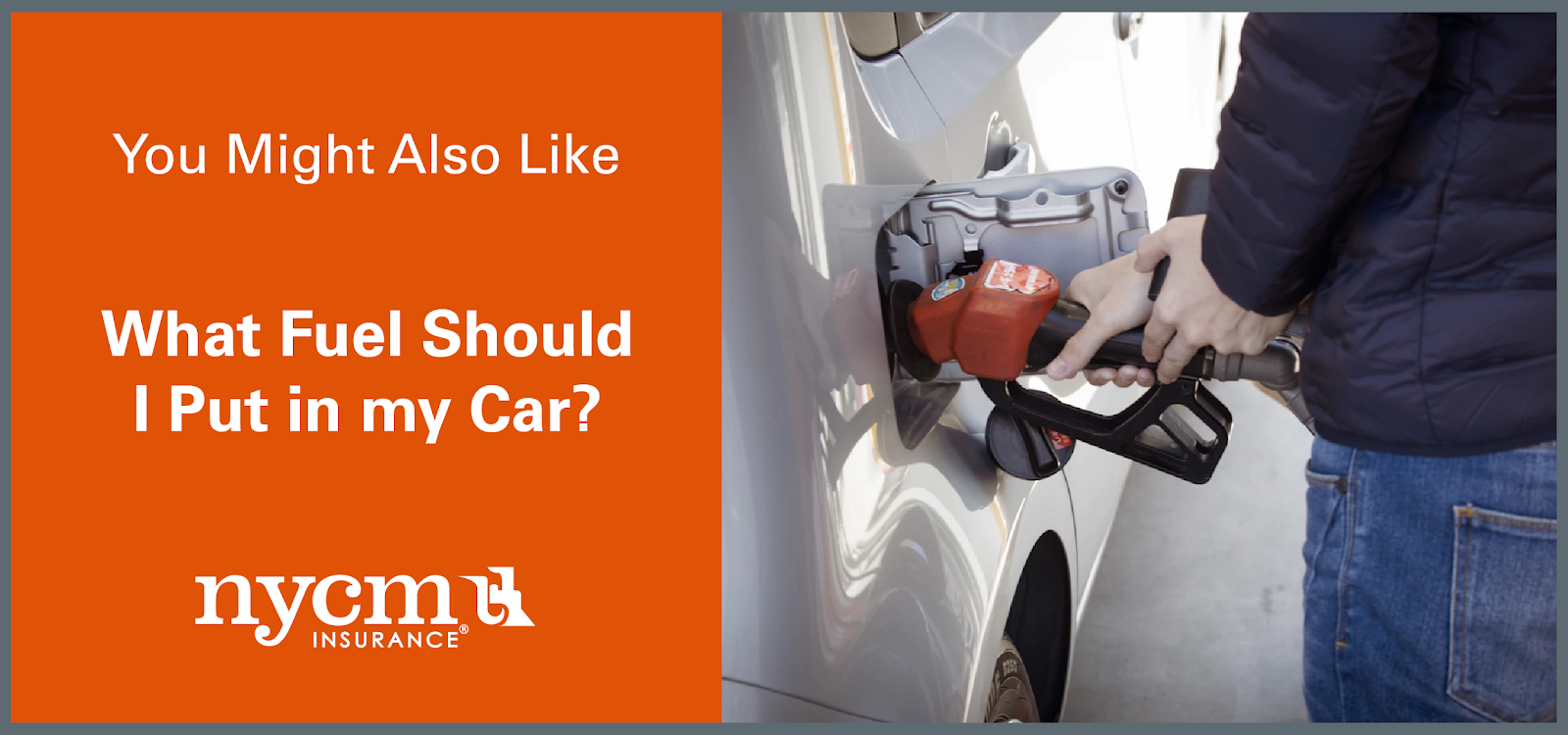How to Take Care of a Vehicle You Aren't Driving Often


Kids away at college, a spouse
deployed in the military, winter months putting a stop to your day trips
out in the “fun car” — there are a handful of situations
that can suddenly leave you with a vehicle that is no longer being driven on a
daily basis.
While driving a car on
the regular helps you keep a better handle on its maintenance (it’s hard to
ignore garbage piling up on the floor mats or an empty gas tank when you’re
spending time in the vehicle everyday), it’s much easier to let a vehicle’s
maintenance slip from your mind when it’s not being used. Here are some ways to
maintain your vehicle while it’s sitting idle:
Take it for a Spin
Driving your car is one of the best ways to
keep a handle on its maintenance. Not only does driving the vehicle
charge the battery, it also wakes up important mechanical
components including the transmission, suspension, brakes and all of the fluids, seals and
gaskets. Think of driving your car for a few miles as the equivalent of you
getting your daily workout in. Driving your car also gives your
tires a break – the tire areas that have been resting on the ground and
supporting the weight of the vehicle will appreciate being rotated.
Accidentally waited too long and started your
car to the frustrating silence of a dead battery? Learn how to safely jumpstart
your vehicle here.
Keep it Clean
If your vehicle is going to be sitting mostly
idle for a while, make sure to give it a good cleaning first. Food containers and crumbs can
attract unwanted critters and also generate a not-so-pleasant odor. Do a deep clean of both the interior and
exterior before parking your vehicle for an extended amount of time and be sure
to pick up any garbage after every drive.
Check the Tires
The last thing you want is to go out to drive
your vehicle one day, only to find out it has a flat tire. Before parking your
car for an extended period of time, give your tires a once-over and make sure
there aren’t any leaks. Keep in mind that changing environmental temperatures
can also affect tire pressure. If you live in a climate where temperatures are
constantly changing, then your tires are more susceptible to changing
pressure. If your tires start looking a little flat, remember to refill them to
the suggested level of pressure.
Don’t Forget the Oil Changes
Even a car that is sitting idle can benefit
from an occasional oil change. Even if you aren’t driving the vehicle
frequently, fluid continues to break down over time so you’re best off sticking
to your vehicle’s recommended oil change routine.
Store it Safely
Where you’re storing your car matters. If
able, store the vehicle in a covered garage where it will be shielded from the
elements such as rain, snow, sleet and hail and even the sun’s rays.
Storing it in a space that is also secure will help protect it from theft and vandalism.
Top off the Gas Tank
Another way you can look out for your
vehicle’s wellbeing before you store it is by topping off the gas tank. Doing
so will make sure there isn’t any room for water to collect in the tank and
prevent possible rust and deterioration. Plus, it’s always nice to have your
vehicle gassed up in case you need to relocate it for any reason or take a
spontaneous road trip. Not sure what fuel is best suited
for your vehicle? Learn more by clicking the button below.



